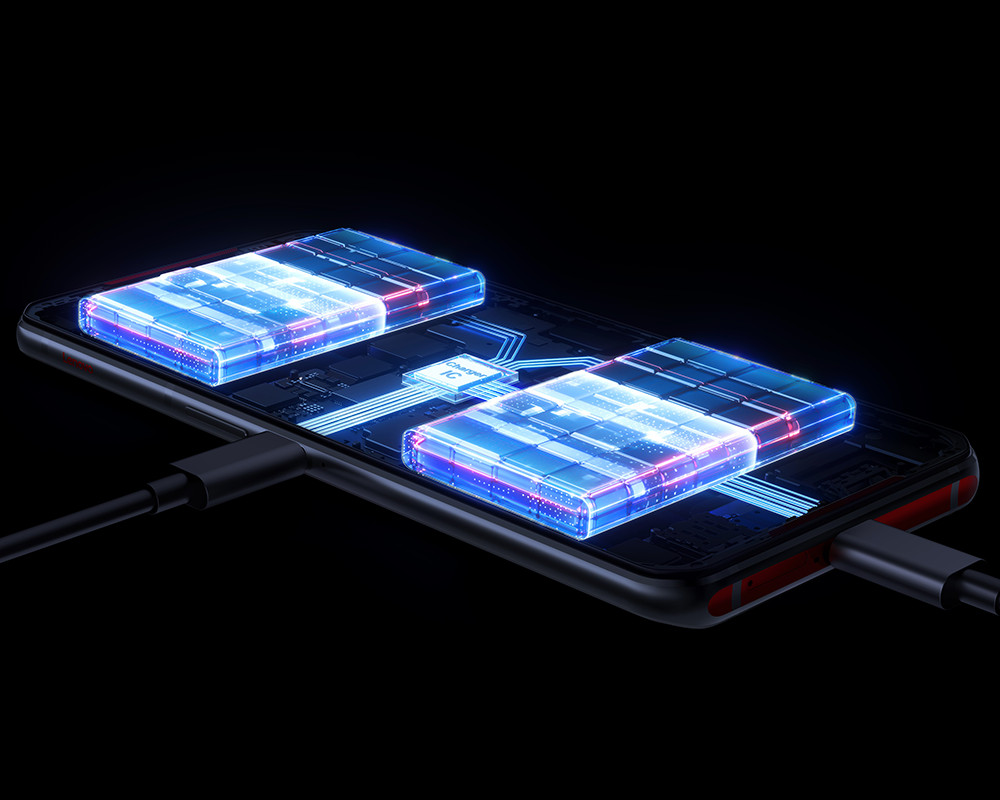The research into how to solve the battery problem in smartphones, and indeed in several tech fields, has been an ongoing work. Researchers have been grappling with proffering sustainable solutions on how to produce longer-lasting batteries for smartphones, and there have been tremendous improvements to date. However, the issue persists, as most smartphone batteries, including flagship and premium models, lose their original capacities within a few years of use. Most smartphone batteries shed up to a fifth of their capacity within the first year of their use.
But it seems all that is about to change as researchers at the Japan Advanced Institute of Science and Technology (JAIST) have come up with a revolutionary material that helps batteries to retain their original capacity (up to 95%) for a minimum of five years, thereby extending the battery life inside the device be it a smartphone, laptop, or even electric vehicle. The implications of this discovery by Japanese scientists are quite extensive. The internal makeup of current batteries makes them degrade progressively after every charge, and it is reported that after up to 500 recharges, up to 40% of the battery’s capacity may have been lost due to the poor performance of the binder material inside the battery.
The scientists at JAIST, led by Professor Noriyoshi Matsumi, have discovered a binder material that proved to outperform the existing technology. The negative terminals of batteries in use today feature a binder material called Polyvinylidene Fluoride (PVDF) which does not have a superb performance. After just 500 recharges, typical batteries using PVDF lose up to 35% of the original capacity. This results in degraded battery life on smartphones after one or two years.
However, the new binder material is dubbed Bis-imino-acenaphthenequinone-Paraphenylene (BP). The binder made it possible to still retain 95% of battery capacity even after more than 1700 charge cycles. Thus, the battery remains efficient up to five years without significantly shedding its original capacity.
Matsumi says the new technology would come in helpful in the development of more durable products. It also has the potential to encourage consumers to purchase more expensive battery-based assets like electric vehicles, he opined.
We expect smartphone brands to pursue engagements with JAIST on partnerships that will lead to the deployment of the new battery technology in the production of more reliable and durable batteries for smartphones and other tech gadgets.
RELATED:
- ZTE’s New Battery Technology Could Last 2-3 Times Longer
- Huawei Achieves Breakthrough in Graphene-Assisted Battery Technology
- Realme Watch 2 launched: Features a square design, IP68, bigger battery & more!
(via)







